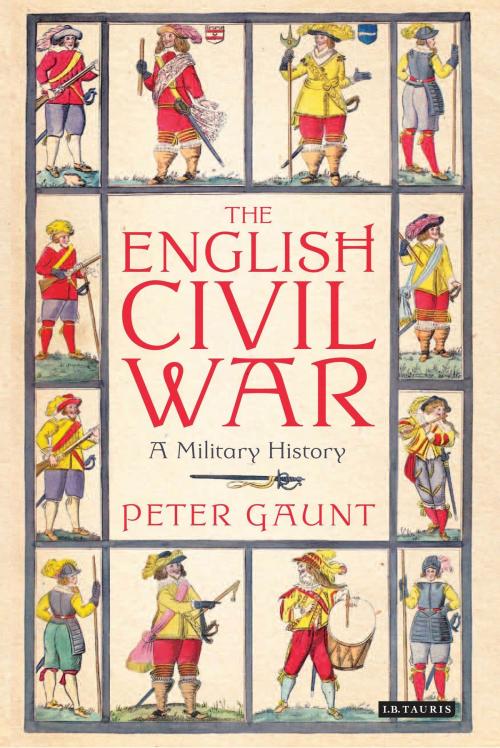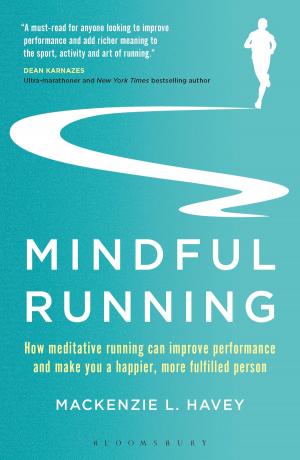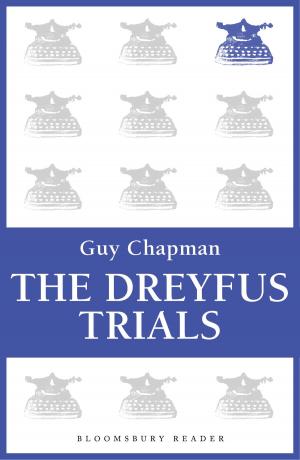The English Civil War
A Military History
Nonfiction, Social & Cultural Studies, Political Science, History, Religion & Spirituality| Author: | Peter Gaunt | ISBN: | 9780857734624 |
| Publisher: | Bloomsbury Publishing | Publication: | May 9, 2014 |
| Imprint: | I.B. Tauris | Language: | English |
| Author: | Peter Gaunt |
| ISBN: | 9780857734624 |
| Publisher: | Bloomsbury Publishing |
| Publication: | May 9, 2014 |
| Imprint: | I.B. Tauris |
| Language: | English |
Sir, God hath taken away your eldest son by a cannon shot. It brake his leg. We were necessitated to have it cut off, whereof he died.' In one of the most famous and moving letters of the Civil War, Oliver Cromwell told his brother-in-law that on 2 July 1644 Parliament had won an emphatic victory over a Royalist army commanded by King Charles I's nephew, Prince Rupert, on rolling moorland west of York. But that battle, Marston Moor, had also slain his own nephew, the recipient's firstborn. In this vividly narrated history of the deadly conflict that engulfed the nation during the 1640s, Peter Gaunt shows that, with the exception of World War I, the death-rate was higher than any other contest in which Britain has participated. Numerous towns and villages were garrisoned, attacked, damaged or wrecked. The landscape was profoundly altered. Yet amidst all the blood and killing, the fighting was also a catalyst for profound social change and innovation. Charting major battles, raids and engagements, the author uses rich contemporary accounts to explore the life-changing experience of war for those involved, whether musketeers at Cheriton, dragoons at Edgehill or Cromwell's disciplined Ironsides at Naseby (1645).
Sir, God hath taken away your eldest son by a cannon shot. It brake his leg. We were necessitated to have it cut off, whereof he died.' In one of the most famous and moving letters of the Civil War, Oliver Cromwell told his brother-in-law that on 2 July 1644 Parliament had won an emphatic victory over a Royalist army commanded by King Charles I's nephew, Prince Rupert, on rolling moorland west of York. But that battle, Marston Moor, had also slain his own nephew, the recipient's firstborn. In this vividly narrated history of the deadly conflict that engulfed the nation during the 1640s, Peter Gaunt shows that, with the exception of World War I, the death-rate was higher than any other contest in which Britain has participated. Numerous towns and villages were garrisoned, attacked, damaged or wrecked. The landscape was profoundly altered. Yet amidst all the blood and killing, the fighting was also a catalyst for profound social change and innovation. Charting major battles, raids and engagements, the author uses rich contemporary accounts to explore the life-changing experience of war for those involved, whether musketeers at Cheriton, dragoons at Edgehill or Cromwell's disciplined Ironsides at Naseby (1645).















